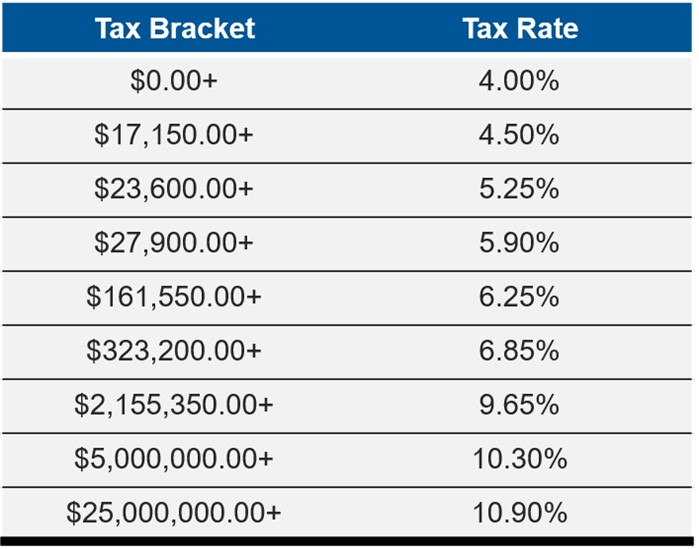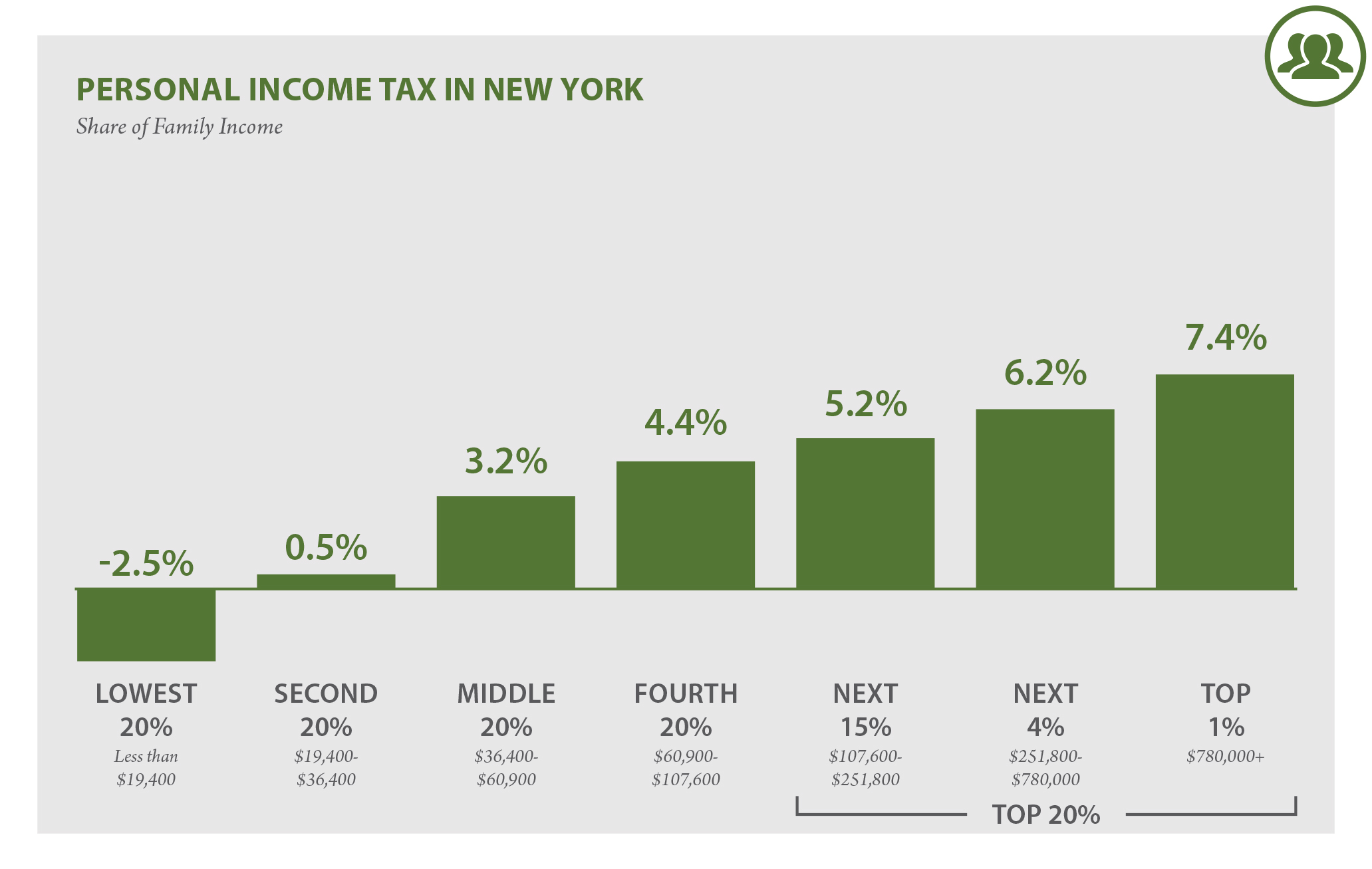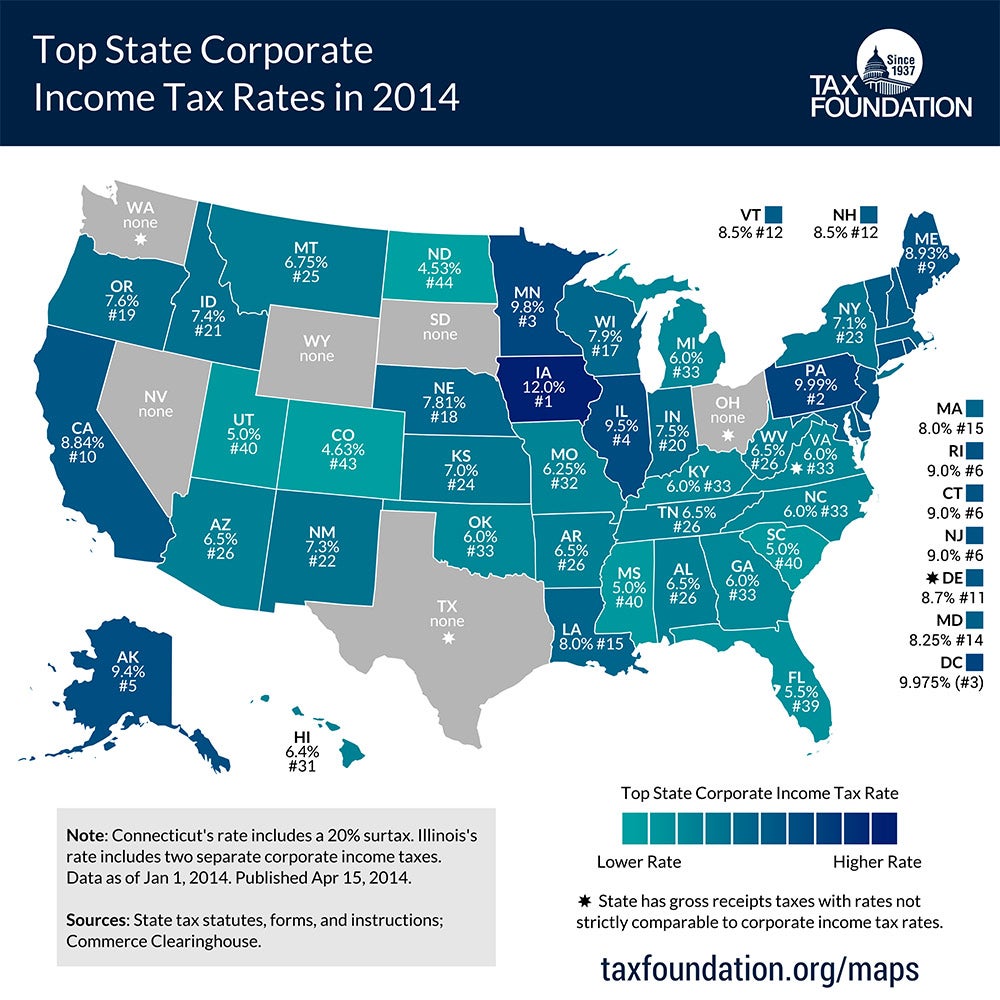NYC & NYS Tax Guide: Key Info For 2024 & Beyond!
Are you ready to navigate the complexities of New York State and New York City taxes? Understanding the nuances of state and local income taxes is crucial for every resident, ensuring you stay compliant and maximize your financial well-being.
New York, a state known for its vibrant culture and bustling economy, presents a unique tax landscape. Unlike many other states, New York residents face both state and, in many cases, local income taxes. This intricate system demands careful consideration and informed decision-making to avoid costly mistakes.
The Empire State's tax system is designed as a progressive income tax, a structure where the tax rates increase as your income rises. This means that higher earners contribute a larger percentage of their income in taxes. The current tax rates for New York State range from a modest 4% to a more significant 10.9%, spread across nine different income brackets. The specific rate applied to your income depends on your filing status and the amount of money you earn annually.
However, the tax landscape is not limited to the state level. If you reside in New York City, you'll also need to account for the city's local income tax. The New York City income tax adds another layer of complexity to your tax obligations.
For tax year 2024, which you will file in early 2025, it's essential to stay informed about the regulations and requirements. This guide aims to clarify the intricacies of New York State and New York City taxes, providing insights to help you navigate the process successfully.
Here's a breakdown of key aspects to consider when dealing with New York State taxes:
- Tax Rates and Brackets: New York operates under a progressive income tax system. The rates vary depending on your income level and filing status, with nine brackets ranging from 4% to 10.9%.
- Filing Status: Your filing status (single, married filing jointly, head of household, etc.) significantly impacts your tax liability.
- Residency Status: Your residency status (resident, part-year resident, or non-resident) determines how much of your income is subject to New York State tax.
- Deductions and Credits: Take advantage of available tax credits and deductions. These can help reduce your taxable income and lower your overall tax burden. You can itemize deductions, even if you didn't on your federal return.
In addition to the state taxes, residents of New York City face the city's own local income tax. The New York City income tax rates are structured as follows:
- 3.078%
- 3.762%
- 3.819%
- 3.876%
The rate applicable to your income hinges on your income bracket. This depends on your filing status and your annual earnings.
Here is a table summarizing the tax information.
| Tax Item | Details |
|---|---|
| New York State Adjusted Gross Income (AGI) | If your NYS AGI is $107,650 or less (line 33), it affects the tax calculation. |
| New York State Taxable Income | If your NYS taxable income is less than $65,000 (line 38), a different set of rules applies compared to if it is $65,000 or more (line 38). |
| Tax Rates | New York State has a progressive income tax system with rates ranging from 4% to 10.9%. New York City has its own income tax rates: 3.078%, 3.762%, 3.819%, and 3.876%. |
| Filing Status | Your filing status (single, married filing jointly, etc.) affects which tax brackets apply to you. |
| Tax Year | This information pertains to the tax year that started on or after January 1, 2024, and before January 1, 2025. |
| Tax Deductions and Credits | Itemizing deductions for New York State income tax purposes is allowed, regardless of federal tax returns. |
| Rent Collections | Changes related to rent collections on and after March 1, 2025. |
| Business Taxes | Businesses incorporated or conducting business in New York State may need to file an annual corporation tax return. |
| Online Payments | For property taxes, you can pay online. |
| Tax Benefits | Tax credits and deductions influence how much you pay. |
The Department of Taxation and Finance provides various resources to support taxpayers. You can explore property records, apply for tax exemptions and abatements, and manage your tax information through their online services. Creating an online services account allows you to receive future bills and notices electronically.
For businesses operating in New York, there are specific tax obligations to consider. If your business is incorporated in New York State or conducts business within the state, you might need to file an annual New York State corporation tax return.
The New York State tax system has undergone changes over time. Beginning with the 2018 tax year, taxpayers can itemize their deductions for New York State income tax purposes whether or not they itemized on their federal tax return. This offers flexibility for those seeking to optimize their tax strategy.
When preparing your taxes, be mindful of the key factors influencing your tax burden. Tax credits and deductions, along with your filing status and residency status, play crucial roles in determining your final tax liability. Remember that information and resources are available to help you navigate these processes.
When filing your New York State income tax return, you'll likely need to provide information about your income, deductions, and credits. This is done on Form IT-201, your New York State Resident Income Tax Return. The amount of tax you owe is calculated based on your taxable income and the applicable tax rates.
Please note that if you are a New York City or Yonkers resident during the tax year and required to file a New York State income tax return, this is an important consideration for your filing obligations.
For rental properties, be aware that there are changes coming to rent collections on and after March 1, 2025. Make sure to stay informed about these changes and their implications for your tax situation.
Your tax dollars are an investment in New York's future, funding crucial services and programs that benefit all residents. If you wish to stay up-to-date with your tax matters, consider creating an online services account on the Department of Taxation and Finance's website to manage your tax information and receive electronic communications regarding your bills.
For those who need help, there are resolution and response options available. You can find support by scrolling below for information on payment options and more.
Living in New York City has its own financial challenges, with the city's local income tax adding an extra strain to your finances. When considering your tax obligations, you must account for both the state and local income taxes.
The New York State Department of Taxation and Finance offers online services to help you manage your taxes, view payment options, and resolve any issues. Visit their website for more details.
It's important to note that information presented here relates to a tax year that began on or after January 1, 2024, and before January 1, 2025. Stay informed about the specific rules and deadlines applicable to the tax year to ensure accuracy in your tax filing.
For up-to-date information, always refer to the New York State Department of Taxation and Finance's official website and consult with a tax professional for personalized advice.


